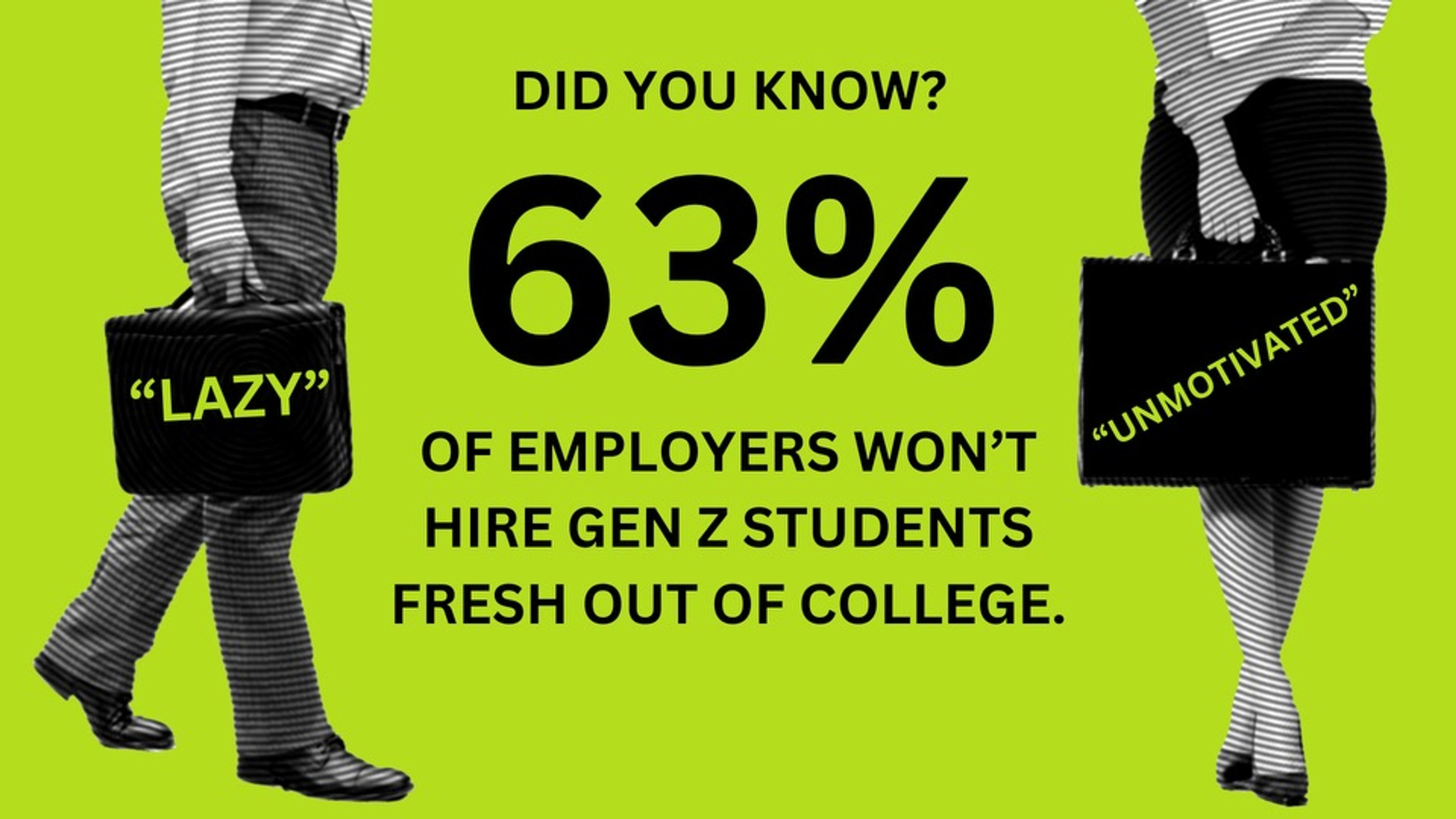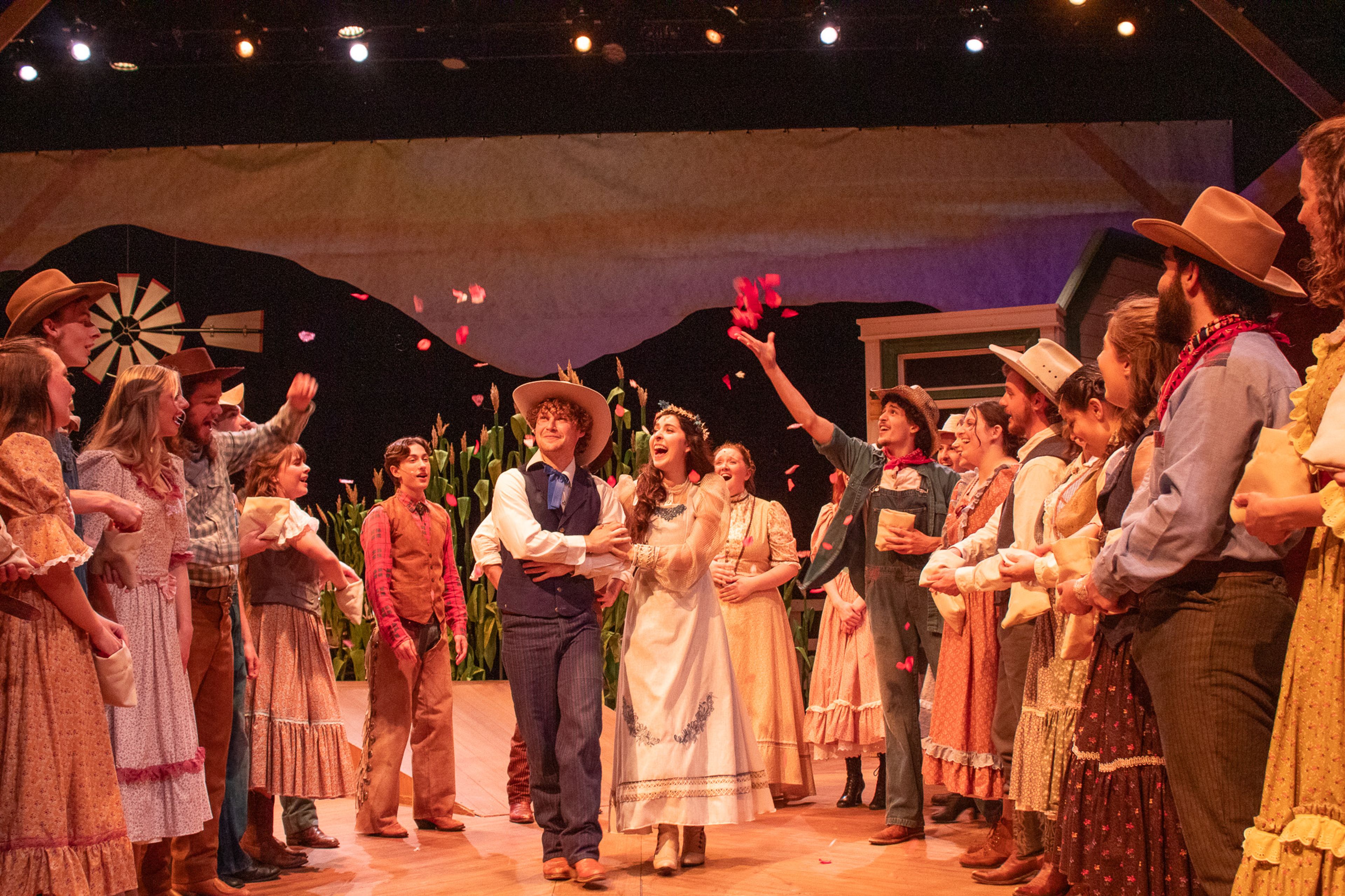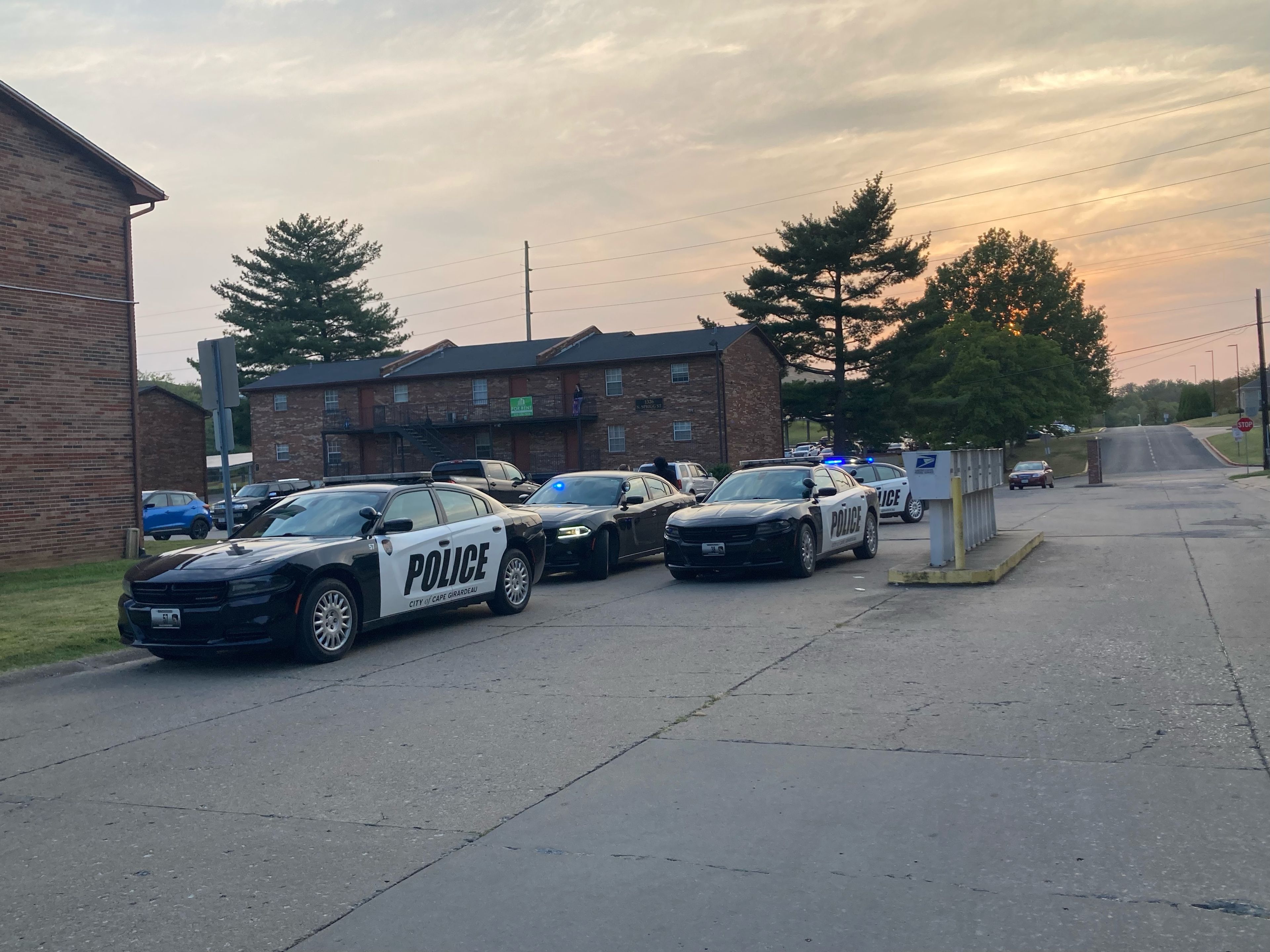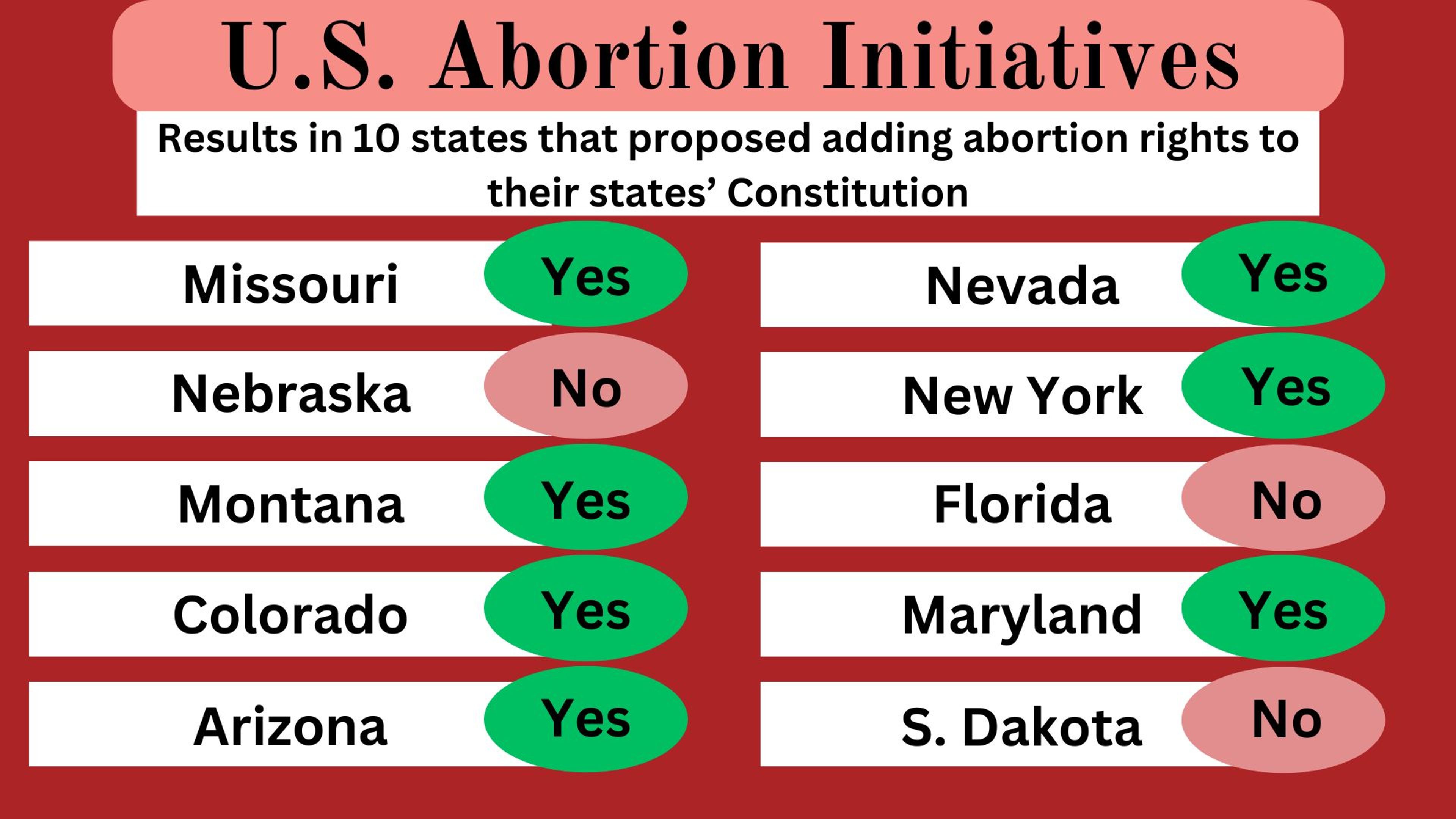SGA advisor breaks down recent election, annual budget
After the recent Student Government Association election, advisor Michele Irby broke down the organization's campaign process, its annual budget, addressed the mishap with the voting ballot, but had few words on the temporary removal of next SGA president Matt Rolwing, who recently ran uncontested for the same position for next school year...
After the recent Student Government Association election, advisor Michele Irby broke down the organization's campaign process, its annual budget, addressed the mishap with the voting ballot, but had few words on the temporary removal of next SGA president Matt Rolwing, who recently ran uncontested for the same position for next school year.
Rolwing, a senior, was removed from his position as SGA president at the April 1 meeting due to excessive absences in accordance with their absentee policy.
Due to the situation still being investigated, Irby said there was nothing she could comment on regarding Rolwing’s removal from his position as president, noting it was a personnel issue.
Rolwing said he was reluctant to comment on the situation, citing uncertainty over what he was allowed to say on the matter.
Student government’s election was held April 3 and 4, and Rolwing and sophomore vice president Eli Bohnhert both ran uncontested for re-election. Junior senator Justin Jacobs was the only candidate for treasurer.
Irby said if a race is uncontested in either the executive board or senate, then there is no voting that needs to happen — those candidates would just win by acclamation.
She noted that last year’s Q&A session held among the candidates for executive positions was used as a form of introducing the candidates on each ticket.
This year there was a voting party on April 4 held in the University Center as a way for students to interact with potential new senators and the executive board.
“The Elections Committee decided not to go forward with the [Q&A], they thought that those candidates could just be introduced to the voting party,” Irby said. “And then if people wanted to ask questions that they could ask at that event.”
Aside from having a voting party, Irby said the organization did a great job in terms of making people aware of the election via social media.
“I think they did a nice job of letting people know when to vote, how to vote, who was voting,” she said. “This is the first year we've had a voting party trying to encourage people to get out and do that.”
Irby said some of the work was passed off to the PR Committee to handle such as the voting party, some of the propaganda and promotional items in order to promote the recent election. But regarding the rules and regulations, Irby said, that falls under the Elections Committee’s responsibilities. In addition to officers, elections were also held for 28 senators to represent the five colleges, with two vacancies in the College of Education, Health and Human Studies.
A mistake happened on the ballot for senator candidates for the College of Humanities and Social Sciences. Three candidates on the ballot were majoring in secondary education and were ineligible. Irby noted that as a “secondary education major, you're not an education major. So if your major is secondary education history, you're actually a history major.”
The three were placed on the ballots as education majors, so as soon as SGA realized the mistake they moved to correct it.
“Anyone who had already voted prior to the time that we were made aware of the error, we contacted them to let them know that they had voted on a ballot that was incorrect and gave them the opportunity to recast the votes,” she said.
Irby said the voting for that college was extended, and that there were 62 students who voted on the incorrect ballot.
“Usually what gets people out to vote is a contested exec board race,” she said. “Since that was uncontested, only 80 people voted total in Humanities and Social Services.”
Irby said she wishes more students on campus participated with SGA.
All student government meetings are open to students and anyone is allowed to be added to the agenda, Irby said. If someone wanted to have the floor to discuss a topic or issue at an SGA meeting, she said they would have to contact Bohnert as he’s in charge of setting the agendas.
“One of our key topics is, ‘How do we do a better job of letting people know that we're here — letting them know what our role is to serve them as other students?’” she said.
One way SGA serves other students is through its budget.
In its proposed FY19 budget, student government has $64,000 designated to student organizations, Irby said. Thirty-thousand dollars are allocated toward on-campus activities under the Student Organizations fund, while $34,000 is for funding requests regarding travelling under the Discretionary Account.
“It goes right back out to students or student groups on campus,” she said. “So we kind of view all of this money as stuff that we just send right back out somewhere, and we don't spend any of this.”
The proposed FY19 budget allocated $14,125 for SGA business operations, Irby said.
“Kind of what we use for ourselves for copies and those sort of things,” she said.
The organization is allocated its money every year in August from student fees. SGA gets $1.50 per credit hour per student, Irby said.
“The more students who are going to school, the more money student government has to work with,” she said. “As numbers of students decline, our budget declines.”




